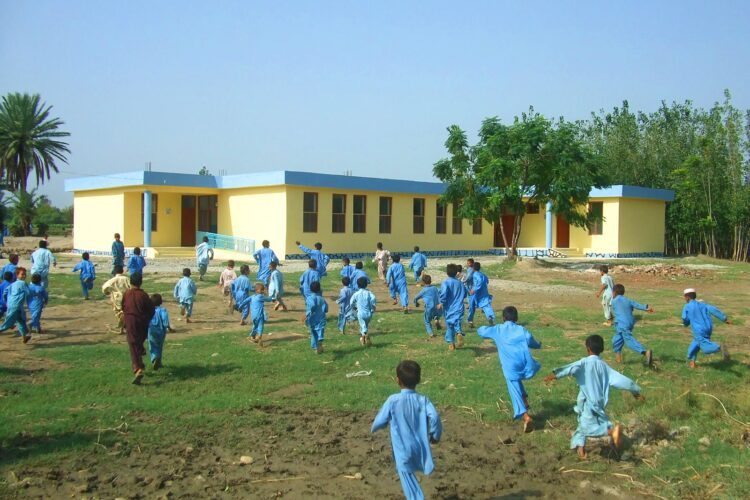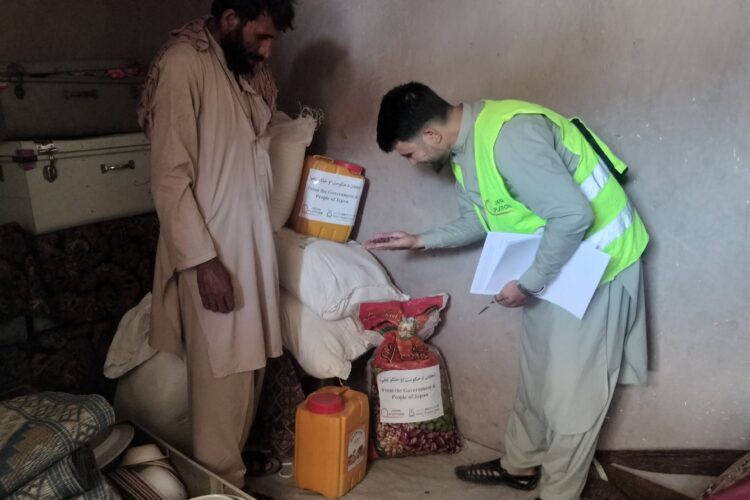 Afghanistan
Afghanistan
In situations where educational opportunities are limited, we are creating environments where children can study with peace of mind and have opportunities to read picture books.
- TOP
- What We Do
- Afghanistan
Background of Activities
After the political change, girls of secondary school age and above continue to be unable to attend school, and girls over 13 years old still lack the opportunity to learn and receive an education. Furthermore, 67% of boys and 40% of girls are able to finish elementary school, while more than half of girls are unable to finish elementary school.
In addition, in about 40% of schools, many children take classes in tents or outdoors, and the adult literacy rate remains only 37% (Male: 52%(2021), female: 27%(2022)).
An estimated 3.7 million children in Afghanistan are currently out of school, 60% of whom are girls.
What We Do
As of 2018, there are about 18,000 schools in Afghanistan, only around half of which have school buildings. The percentage of schools that have a school library is only about 10% (as of 2015).
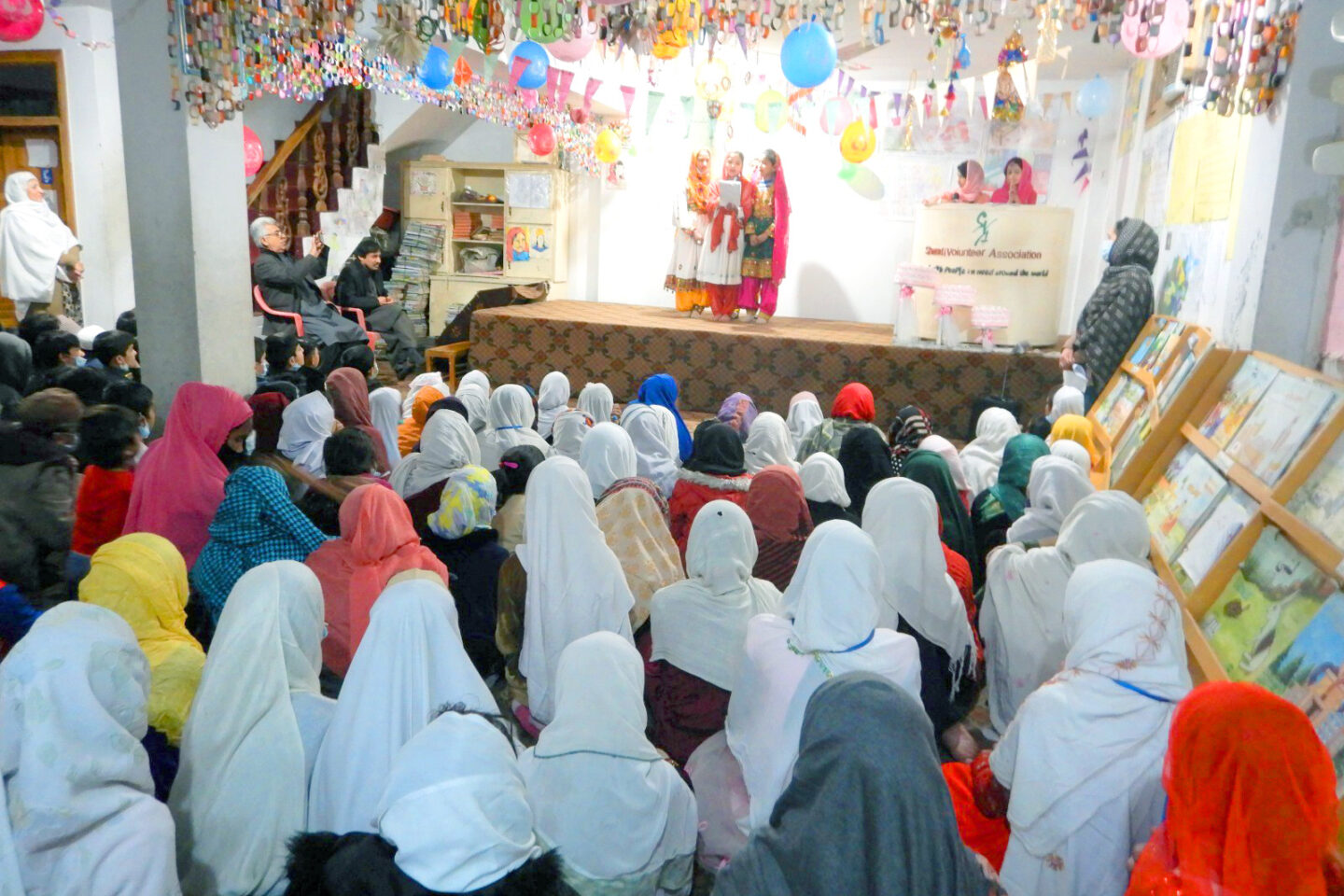
Development Project for Diffusion of “Library for children” in Afghanistan
In order to promote library activities in elementary schools and Public Library in each districts in Afghanistan, SVA works on developing a guideline for library management, building a model school library, providing teacher and librarian training, and carrying out mobile library services as well as environmental improvements such as furniture installation. At the same time, we run the Children’s Library to offer out-of-school child activity services that are also available to children who have no access to school education.
On days when the library is open, approximately 170 children visit the library each day to use the library services, such as reading and borrowing books. In addition, the library offers activities such as storytelling by library staff, sewing classes, drawing, crafts, and special study classes (remedial classes for academic subjects) according to the library's schedule.
We will continue these library activities to provide learning opportunities for children who are unable to attend school and girls who are unable to receive an education.
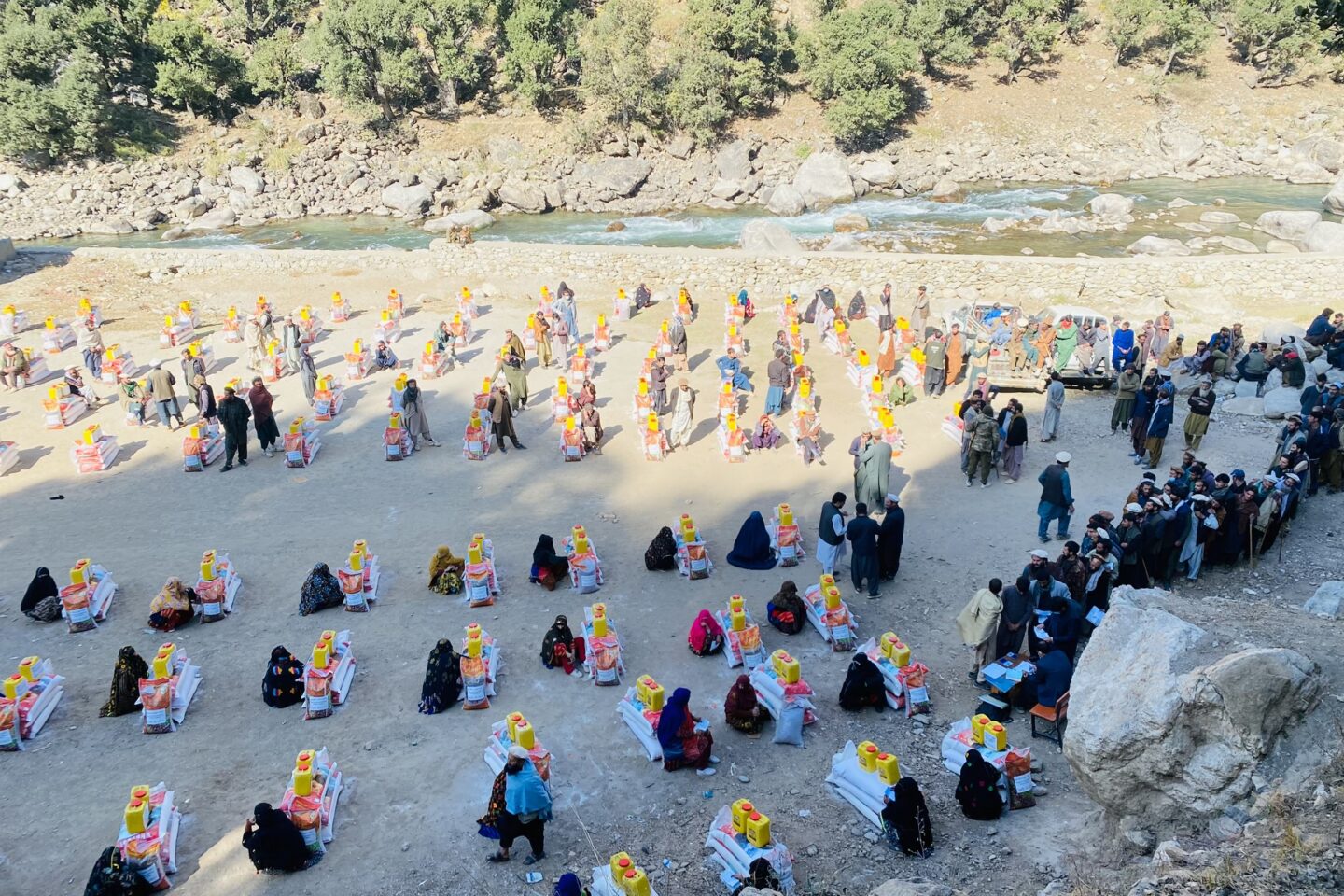
Starting with the implementation of emergency relief operation centered on food distribution, which was triggered by the airstrikes in Afghanistan following the 9-11 attacks in 2001, we have been conducting various emergency relief projects for 20 years.
Recently, we have been involved in various forms of emergency humanitarian assistance projects, including disaster response (Earthquake in Herat, 2023), food distribution to the needy and internally displaced persons/returnees, and winterization assistance.
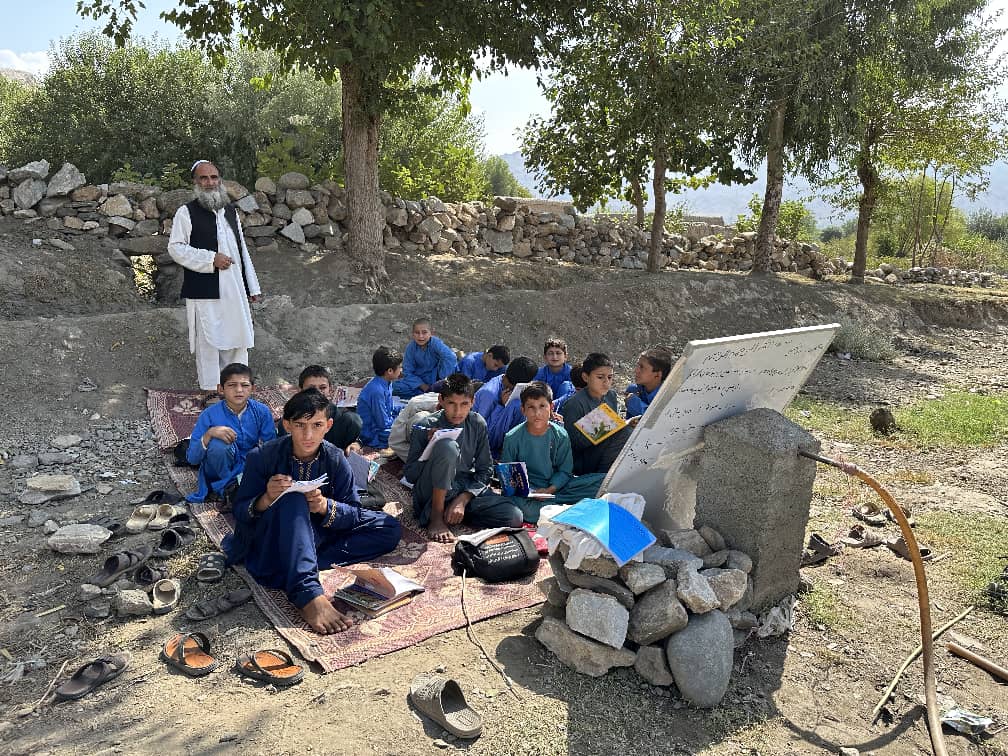
In the mountainous areas of eastern Afghanistan, there are still areas with few school buildings and classrooms, and many children are out of school. On the other hand, in areas where there are schools, classrooms are saturated with students, and there is a delay in the provision of water and sanitation. Therefore, the project aims mainly to improve children's access to education by adding four Additional Learning Classroom in one elementary school.
Activities So Far
Following the airstrikes in Afghanistan, which followed the 9-11 attacks in 2001, we implemented emergency relief operations centered on food distribution. Since then, we have been conducting various educational and cultural support activities.
